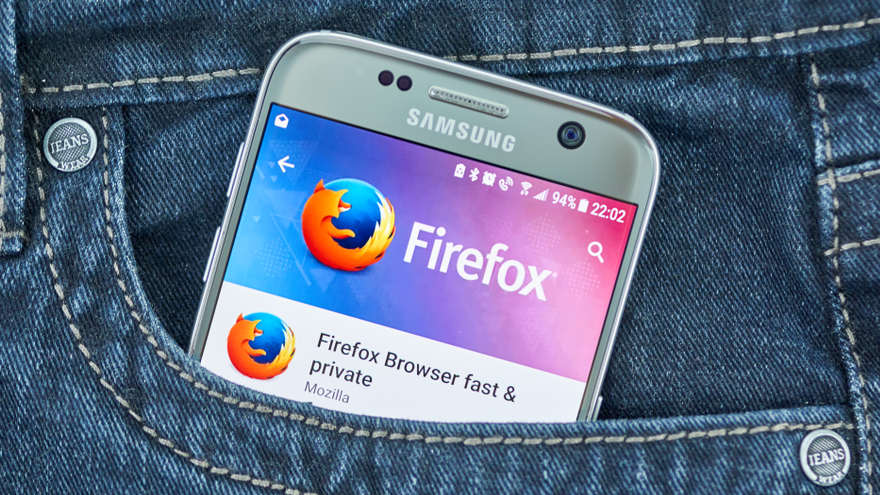
Firefox 70 is just around the corner (the stable release is expected on October 22), and it's bringing a new set of features to show you whether or not the site you're visiting is actually secure.
When you fire up the updated browser, you'll notice quite a few changes at the left-hand side of the address bar that Mozilla hopes will make things more transparent.
- Here's our full guide to the best browsers
- Find out how to enable dark mode in Google Chrome
- Protect your privacy with the best VPN
Currently, if a site has an Extended Validation (EV) certificate (a document that validates the identity of its owner) its owner's name will be displayed in green text beside the URL, like so:

This is intended to give users more confidence about the site's providence, particularly when shopping online, and help them avoid phishing scams.
It's a good idea in theory, but because some of the world's biggest companies (including Facebook, Google and Amazon) have never used EV certificates, people don't typically think to look out for them.
For that reason, Mozilla has decided to tuck EV details away, and in Firefox 70 they will only be visible if you decide to click the padlock icon in the URL bar (just as Google did with the release of Chrome 77 in September).
Changing priorities
Instead, Firefox 70 will put more emphasis on showing whether a site uses SSL encryption, making it clear that it's a necessity rather than a nice optional extra.
Get daily insight, inspiration and deals in your inbox
Sign up for breaking news, reviews, opinion, top tech deals, and more.
The green padlock that appears in the address bar for HTTPS sites will become gray, and any site using an HTTP or FTTP connection will have the padlock struck through in red.
"This change will hide the indicator from the majority of our users while keeping it accessible for those who need to access it," explained Firefox developer Johann Hofmann in a blog post. "It also avoids ambiguities that could previously arise when the entity name in the URL bar was cut off to make space for the URL."
- Protect your PC with our guide to the best antivirus software
Via ZDNet

Cat is TechRadar's Homes Editor specializing in kitchen appliances and smart home technology. She's been a tech journalist for 15 years, having worked on print magazines including PC Plus and PC Format, and is a Speciality Coffee Association (SCA) certified barista. Whether you want to invest in some smart lights or pick up a new espresso machine, she's the right person to help.